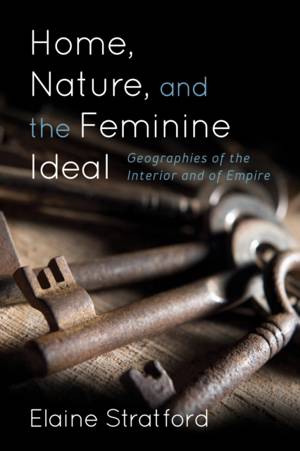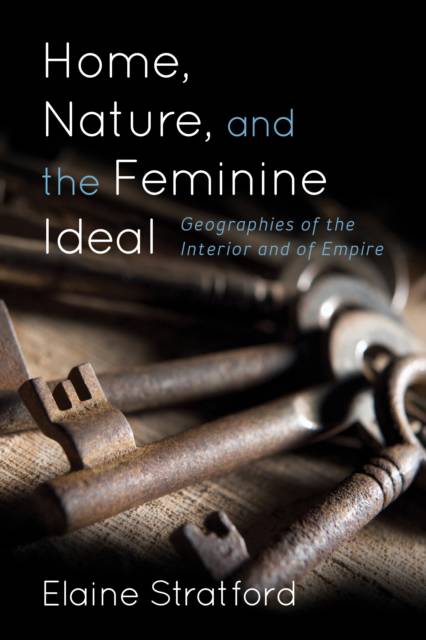
- Afhalen na 1 uur in een winkel met voorraad
- Gratis thuislevering in België vanaf € 30
- Ruim aanbod met 7 miljoen producten
- Afhalen na 1 uur in een winkel met voorraad
- Gratis thuislevering in België vanaf € 30
- Ruim aanbod met 7 miljoen producten
Zoeken
Home, Nature, and the Feminine Ideal
Geographies of the Interior and of Empire
Elaine Stratford
Paperback | Engels
€ 79,95
+ 159 punten
Uitvoering
Omschrijving
This book examines how ideas about bodies, homes, and nature were deployed to serve three interrelated imperatives: the healthy population, the nation, and empire in the late nineteenth and early twentieth centuries. Through an analysis of archive material it explores how the role of women in 'progressive' reform was a form of governmentality.
Specificaties
Betrokkenen
- Auteur(s):
- Uitgeverij:
Inhoud
- Aantal bladzijden:
- 334
- Taal:
- Engels
Eigenschappen
- Productcode (EAN):
- 9781783485093
- Verschijningsdatum:
- 19/11/2021
- Uitvoering:
- Paperback
- Formaat:
- Trade paperback (VS)
- Afmetingen:
- 152 mm x 229 mm
- Gewicht:
- 489 g

Alleen bij Standaard Boekhandel
+ 159 punten op je klantenkaart van Standaard Boekhandel
Beoordelingen
We publiceren alleen reviews die voldoen aan de voorwaarden voor reviews. Bekijk onze voorwaarden voor reviews.








